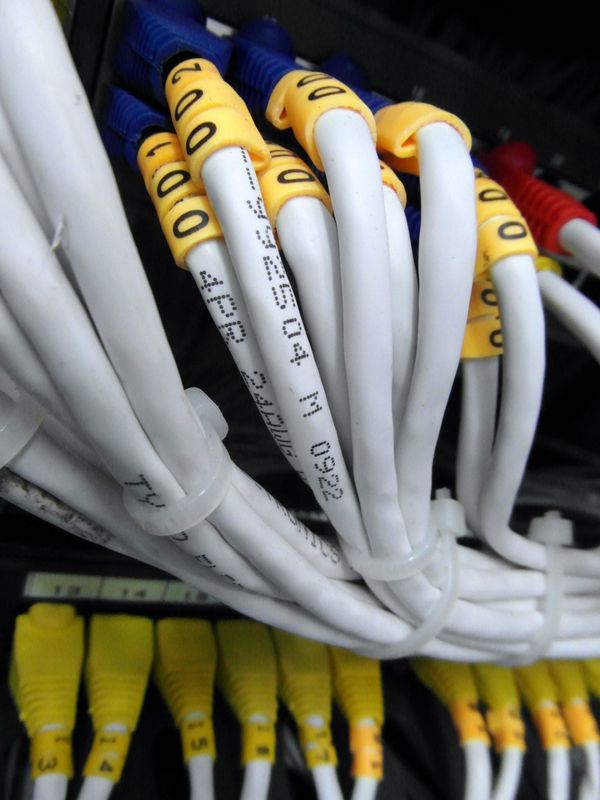Most Current Routers Use EOL Linux Kernel and Are Chock Full of Vulnerabilities

A study from the Fraunhofer Institute for Communication (FKIE) looked at 127 routers from known brands and found that most of them run really old operating systems riddled with security vulnerabilities.
It’s difficult to find a more prominent member of the Internet of Things (IoT) ecosystem than the Internet router. It’s a ubiquitous device that’s in every home, and it usually guards the access to a host of other IoT devices, making it all the more important.
Researchers analyzed 127 routers from seven vendors, including AVM, ASUS, Netgear, D-Link, Linksys, TP-Link and Zyxel. They managed to fully extract 117 of the 127 firmware images; four images were extracted partially, and six couldn’t be extracted at all. 91% of all routers were powered by Linux.
The study looked at a few metrics, such as when the devices were updated, which operating systems were used, mitigation techniques employed by vendors, and any hard-coded credentials.
The results of the investigation are seriously worrying. Out of the 127 routers, 45 had no updates in the past year, and many are affected by hundreds of vulnerabilities. Twenty-two routers didn’t get an update in the past two years and, in at least one case, a router didn’t get a single update in the past five years.
“Even if the routers got recent updates, many of these known vulnerabilities were not fixed,” said the researchers. “What makes matters even worse is that exploit mitigation techniques are used rarely. Some routers have easy crackable or even well-known passwords that cannot be changed by the user. Most firmware images provide private cryptographic key material.”
Most of the routers are based on a branch of Linux Kernel 2.6, which reached end of life in February 2016. And, lastly, it turns out that, despite the dangers of malware such as Mirai, which was designed to use hardcoded credentials, some vendors continue to use them.
tags
Author
Silviu is a seasoned writer who followed the technology world for almost two decades, covering topics ranging from software to hardware and everything in between.
View all postsRight now Top posts
How to Protect Your WhatsApp from Hackers and Scammers – 8 Key Settings and Best Practices
April 03, 2025
Outpacing Cyberthreats: Bitdefender Together with Scuderia Ferrari HP in 2025
March 12, 2025
Streamjacking Scams On YouTube Leverage CS2 Pro Player Championships to Defraud Gamers
February 20, 2025
How to Identify and Protect Yourself from Gaming Laptop Scams
February 11, 2025
FOLLOW US ON SOCIAL MEDIA
You might also like
Bookmarks








